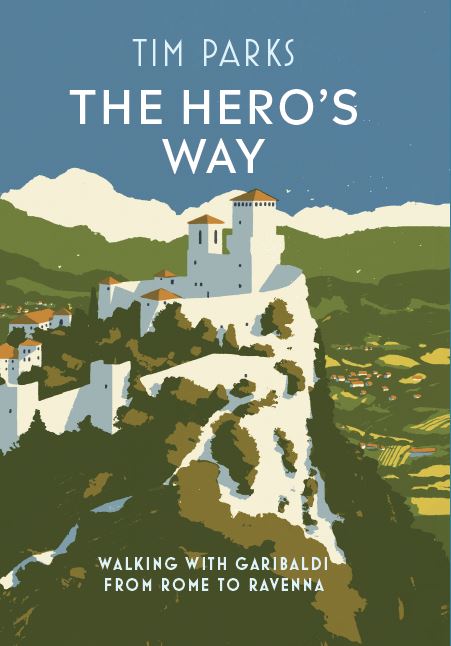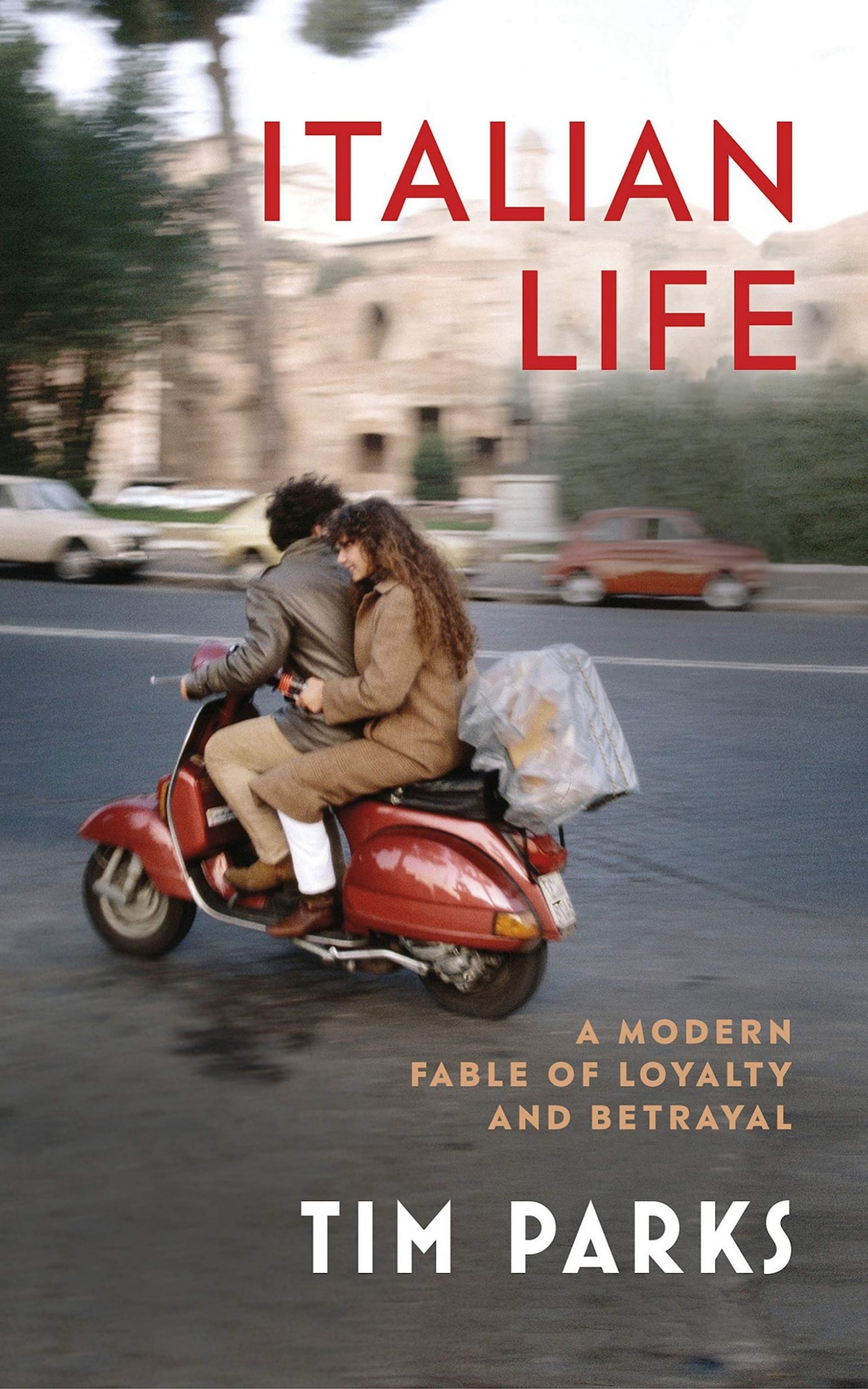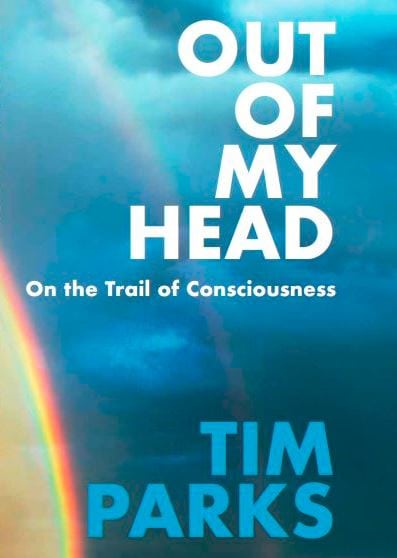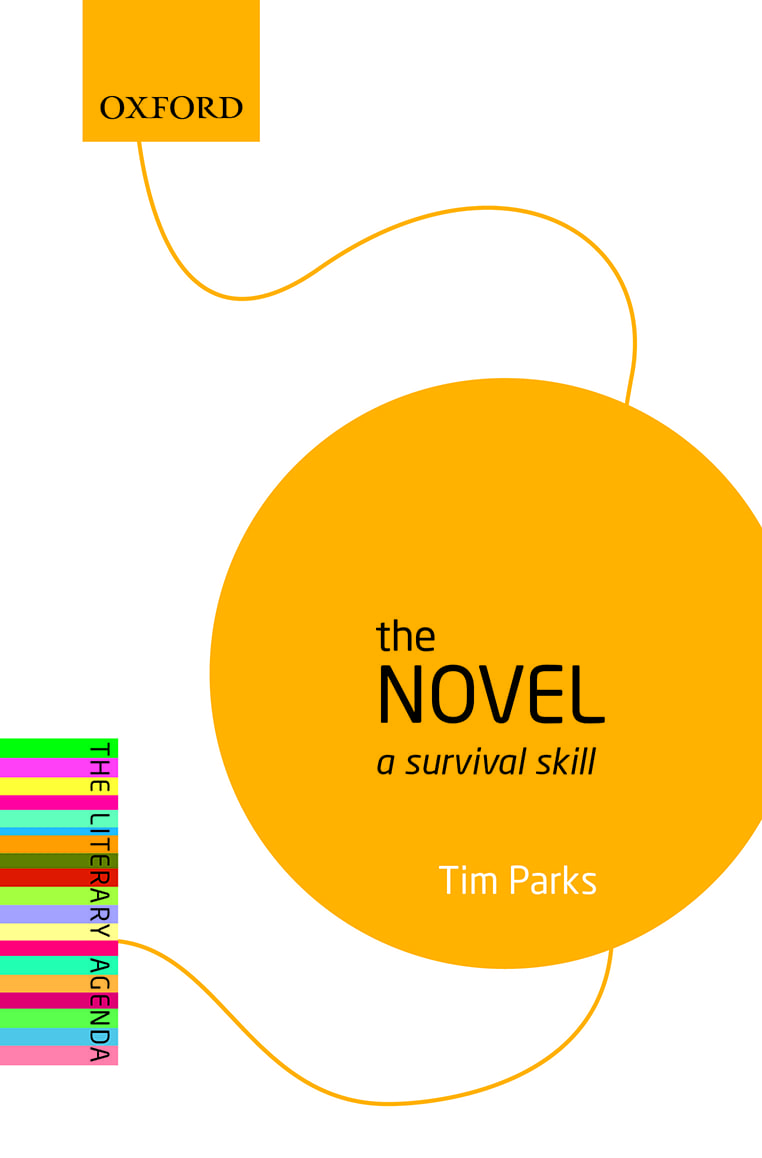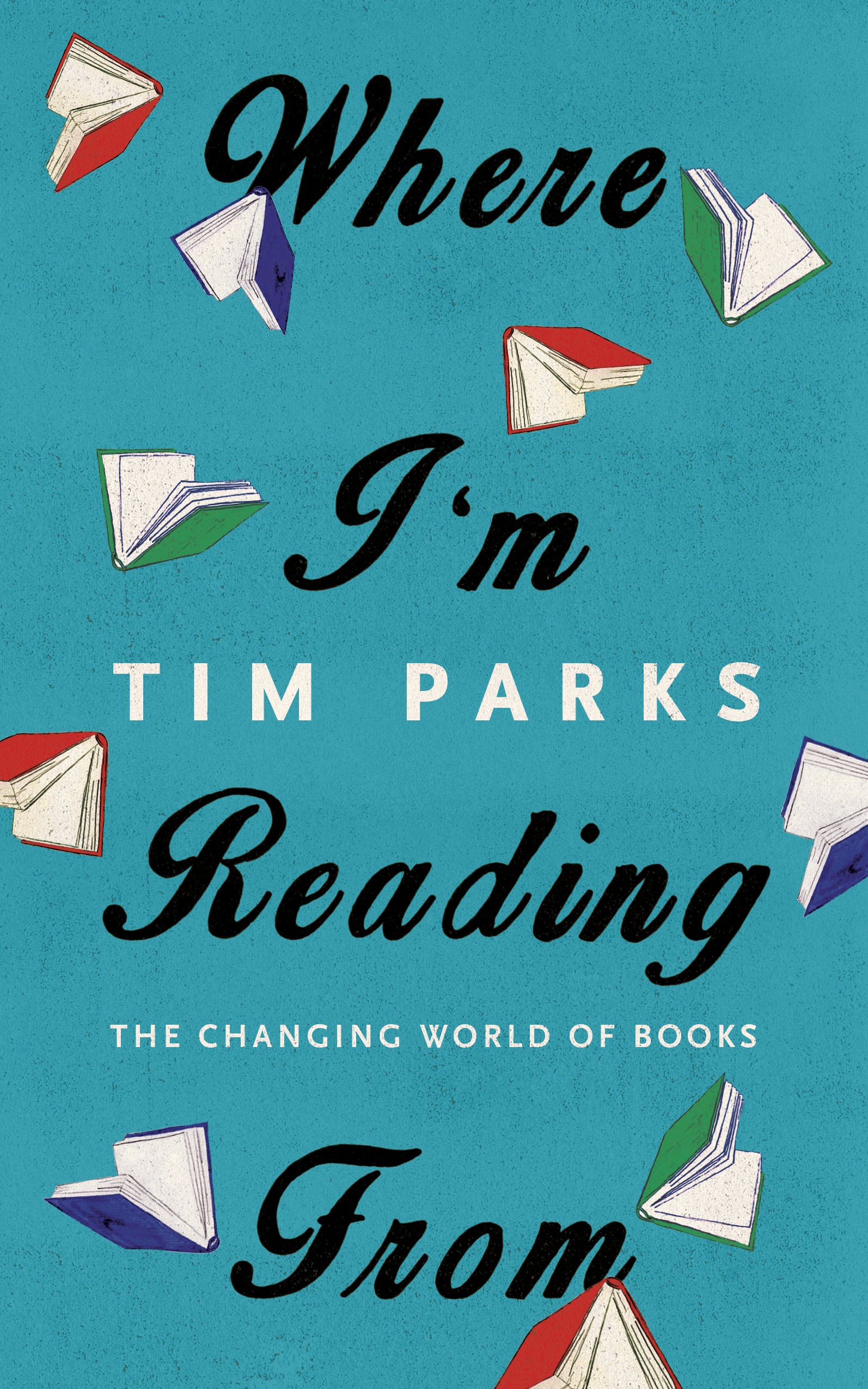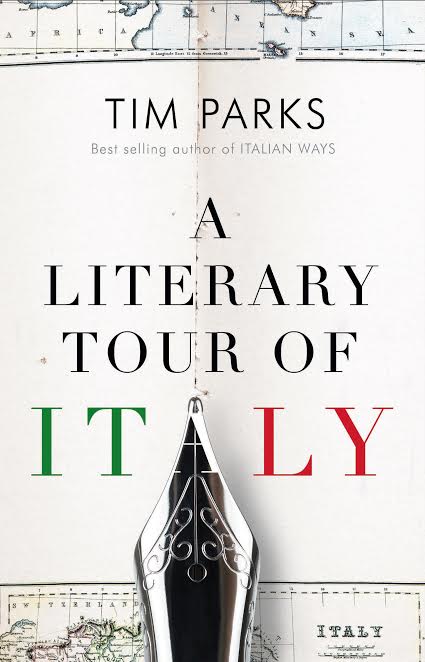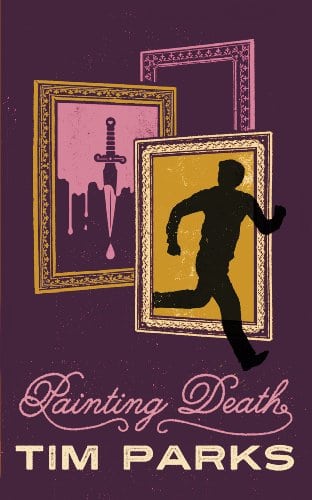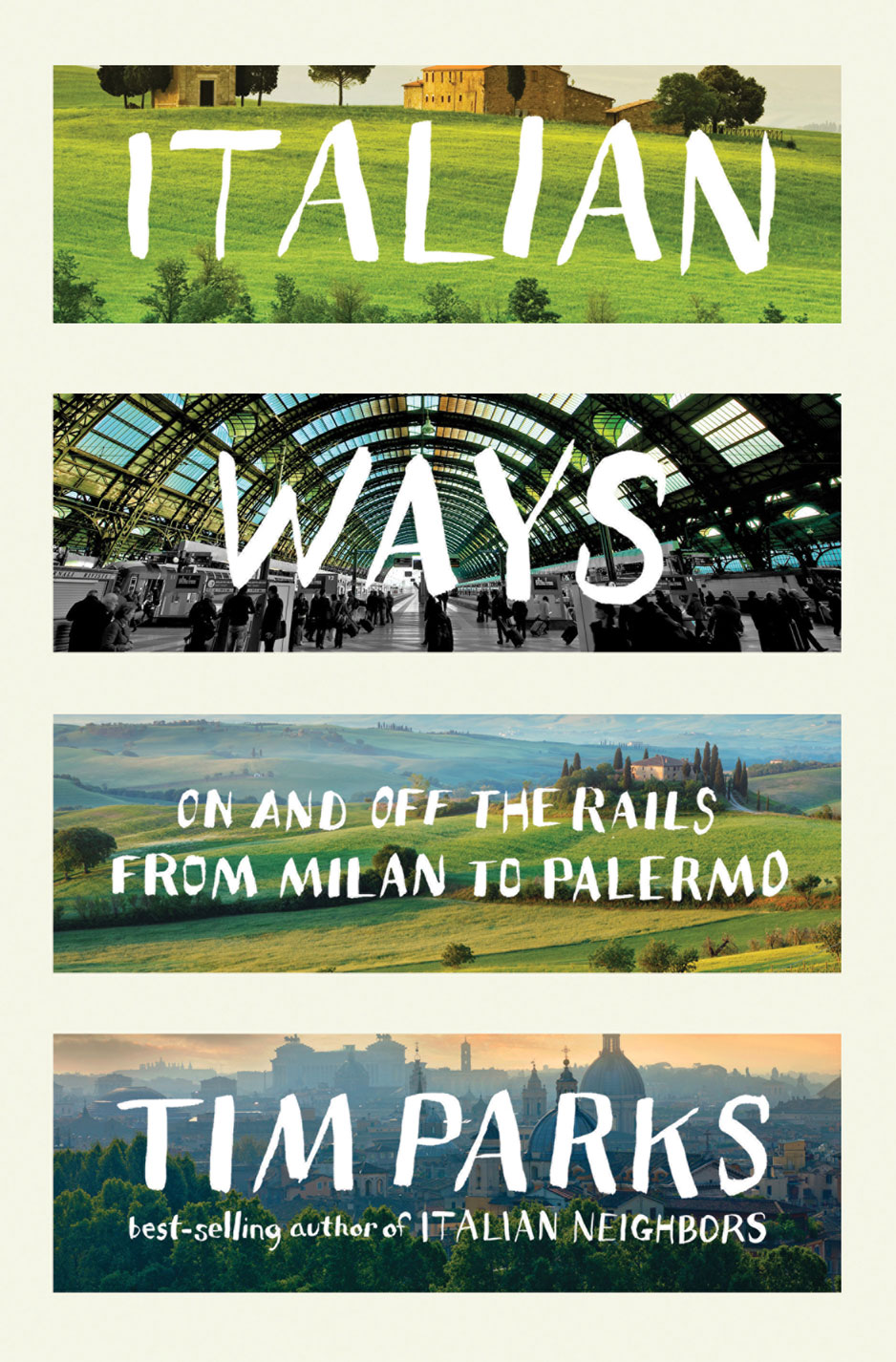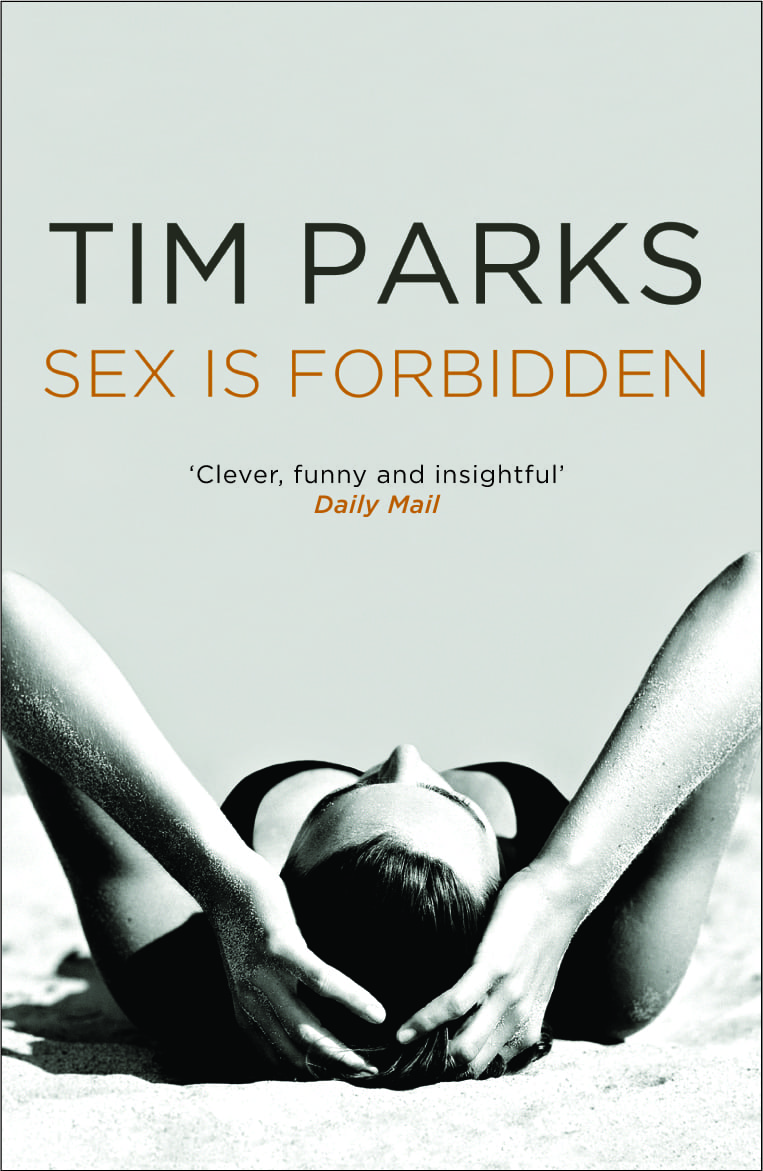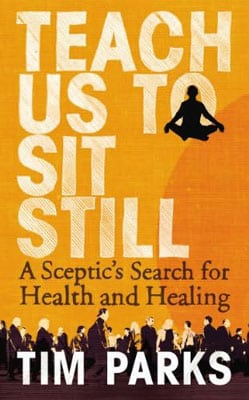Before Blair, Benito Mussolini also proclaimed a Third Way. The expression is dense with implication. It describes a world divided into two camps who squander their energies in sterile conflict. The Third Way denounces the perversity of that dynamic and suggests that the terms of the argument between the camps are false; it’s time to move on.
Almost without our noticing, a subtle hierarchy is established. Of the other two ways – socialism, capitalism – we are not told which is the first and which the second. It hardly matters. They are on the same, lower level, they create and exasperate each other in futile and mulish opposition, not unlike those married couples who are forever at loggerheads.
The Third Way is different. We know it is number three. It is not involved in a head-on collision with either of the others. It is new. Anyone persisting in the old battles, the old rhetoric has lost touch with history. The third way is progress, the youngster’s world not the parents’. Giovinezza, (Youth) Fascism’s hymn was entitled.
Mussolini’s progress brought disaster. Was that inevitable? In 1919, just as he was forming the first Fascist bands, the 36-year-old Mussolini was also planning a novel: The Quiet Ward. His then mistress, the Jewish intellectual Margherita Sarfatti, summarised the plot thus: “Its victim is a mentally-ill violinist who plays and plays, faster and faster, to keep the other patients in the lunatic asylum dancing. He plays so hard that the strings on his violin all break, upon which the most demented inmate strangles him, furious that he can no longer go on spinning in oblivion.” (229)
Nicknamed from adolescence “il matto” – the nutter – Mussolini himself was a violin player, and a vigorous one. He liked to talk about political leaders as artists creating a grandiose spectacle out of that “most slippery and delicate of materials, man.” (259) But the greater the power Mussolini achieved and the more opportunity he had to choreograph other people’s lives, so the more he thought of himself as a victim. The mad fiddler is trapped in the rhythms he has laid down to enchant the disturbed collective mind. He has to keep sawing and sawing. For to lure people away from old conflicts and certainties, to convince them over many years that the passions that once gave shape to their lives are now meaningless, requires immense energy and near magical powers of communi¬cation. As journalist and public speaker, Mussolini had that charisma. But even the greatest enchanter of all, Shakespeare’s Prospero, must eventually turn to the public and ask them to set him free.
It is remarkable that Mussolini foresaw so early the danger of the moment when the music stops, when the delirious crowd is disenchanted and abandoned in a mental void. The Third Way perhaps, as its critics insistently claimed, in the 1920s as in the 1990s, really was all spin. A spinning in oblivion. “Illusion,” Mussolini remarked to an interviewer at the height of his popularity, “is perhaps the only reality in life.”
This book will be a short account of the tune Mussolini called, the illusion that he and the Italian people constructed together over two decades of Fascism until the moment when the fiddle strings snapped and the exhausted and discredited artist was summarily shot. At every turn my aim will be to make sense of the dynamic between Mussolini and the people around him, his family, his lovers, his political associates, the Italian people as a whole; to understand what lay behind the many contradictions in his life: his denunciation of anti-Semitism and his eventual espousal of it, his loathing of Hitler and his obedience to him, his stable marriage and many mistresses, his sentimentality and his cynicism. “I would rather my soldiers were known for their cruelty than their mandolin playing,” he remarked.
Above all, the goal is to appreciate the contemporary relevance of what happened in those heady years between 1920 and 1940: the creation of a movement that was fashion more than content, that sought to reconcile old differences in a new style, that attributed wisdom to youth rather than age. “A nation entirely made up of twenty-year-olds,” foreign observers marvelled, watching the Fascist parades. Long before the modern leader’s obsession with his TV image, Mussolini had decided that politics and life itself was above all a matter of aesthetics.
The story is long and it is as well to have a grasp of the shape of the thing from the start. We will think of it as a drama in five acts: infancy and adolescence, 1883-1902; Mussolini as teacher, journalist, agitator and conscript, 1902-1922; Mussolini as peace-time dictator, 1922-1935; Mussolini as warrior, 1935-1942; Mussolini as Hitler’s puppet in German-occupied Italy, 1942-44.
The first act unfolds in humble circumstances in an outlying village of the small town of Predappio in the hills of Romagna; that’s just to the south of the North Italian plain on the eastern side of the peninsula. First born of three children, at home the infant Benito is exposed to the collision between his father’s militant, hard-drinking socialism and his school-teacher mother’s pious Catholicism. In the classroom, months of diligence are marred by sudden outbursts of violence. Benito is expelled three times.
The second act is picaresque. In 1902, Mussolini takes a job as a primary school teacher. He works in three schools over the next six years, but scandalous behaviour inside the class and out (blasphemy, adultery) guarantees that his contracts are never renewed.
Between teaching jobs he emigrates to Switzerland where he does occasional work as a labourer and comes into contact with the Socialists seeking to organise Italian migrants. Through them he discovers a vocation for incendiary journalism and public speaking. He is deported twice, dodges the draft for a few years, then finally serves with exemplary obedience.
In 1909 the Socialist Party offers him a position in Austrian-controlled Trentino where he edits first the small party newspaper L’Avvenire del lavoratore, then the larger paper Il popolo. After a month of inflammatory articles for Il popolo, he is arrested and deported.
In 1912 he is appointed editor of the national Socialist newspaper Avanti with offices in Milan. Following the party line, Mussolini opposes Italian intervention in the First War, but in October 1914, he changes position and comes out in favour. He is forced to resign from the paper and expelled from the Socialist Party.
The pattern thus far should be clear. The young Mussolini takes jobs and gets fired, joins organisations and gets expelled, goes to countries and gets deported. But we are at a turning point. This would be the last expulsion. From September 1915 to June 1917 Mussolini serves obediently in the army before being discharged following a grenade wound. After this, the only organisations he will be a member of are ones that he himself runs, first his newspaper, Il popolo d’Italia, then the Fascist Party, then the Fascist State. Kicked out of other people’s groups, he obliges everyone to join his own.
But this second phase of his life isn’t over. Between 1919 and 1922, in the aftermath of the First War, Italy sinks toward chaos with frequent large-scale Socialist-inspired strikes. Mussolini forms a grouping whose proclaimed aim is to unite everybody in a new project, Fascism. Labour and capital must not work against each other, but co-operate. Fascism will be the end of class conflict. But this can only happen when the industrial unrest has stopped. Fascist bands set out to break Socialist strikes. There are deaths. In 1922 the government’s refusal to intervene in a general strike gives Mussolini the opportunity to stage a coup. On 29th October, to avoid further conflict, the King invites Mussolini to become Prime Minister.
The third act is one of consolidation. In 1924 rigged elections give the Fascists a huge majority in Parliament. Socialist leader, Giacomo Matteotti speaks out against electoral fraud and is promptly abducted and killed. After this murder, there is no way back to legality. In early 1925 Mussolini declares a personal dictatorship. He coins the word, “totalitarianism.” As he sees it, it is a positive concept. Nothing in the nation must oppose the state or lie outside it.
For ten years Italy is at peace. All opposition to the government is repressed, mainly through imprisonment and internal exile. There are killings but no killing fields. Some important reforms are made, some malaria-breeding marshes are reclaimed, an agreement is reached which at last reconciles the Italian state with the Catholic church. Things settle. Aside from one or two isolated incidents, Fascist Italy does not appear to threaten peace in Europe. Mussolini is fulsomely admired by, among others, Winston Churchill and Bertrand Russell: he has seen off the danger of a Bolshevik revolution, they say, and brought Italy into the 20th century.
The fourth act is characterised by a dramatic change of direction or perhaps simply a delayed unveiling of Mussolini’s true aims. In 1935, two years after Hitler comes to power in Germany, Mussolini orders the invasion of Ethiopia. Half a million Ethiopians are killed with poison gas. It is Fascism’s greatest atrocity. In 1936 Mussolini sends troops to support Franco in the Spanish Civil War. Severely criticised by France and Britain, he moves closer to Hitler and accepts the idea of Austro-German Anschluss which takes place in 1938.
While doing everything in his power to delay the beginning of the Second War for which he is completely unprepared, Mussolini nevertheless orders the invasion of Albania in April 1939 and, believing Hitler sure of victory, declares war on France and Britain in 1940. The declaration is followed by offensives in Northern Africa and Greece. After a series of embarrassing military defeats and with the Americans already in control of Sicily, in July of 1943 Mussolini is dismissed by the King and placed under arrest.
Rather than the grand conclusion of a Shakespearean tragedy, the fifth act is a descent into wretched farce. Rescued from his mountain prison by German paratroops, Mussolini is made nominal leader of German-occupied Italy. He wields little or no power, nor seems to know what to do with it when he has it. He signs his son-in-law’s death warrant, tries to defuse the tension between his wife and young mistress, decides, pointlessly, that the time has at last come for workers to have more power in the workplace.
Meanwhile, the Allies advance. The hour of final defeat approaches. Dreams of a heroic last stand in the mountains come to an end when Mussolini is captured by partisans and executed in haste on April 28th, 1945. The following morning his body is strung up upside down in Piazza Loreto in Milan. From this moment on, apart from a small rump of loyal nostalgics, Italians would very largely remove Mussolini and Fascism from the collective consciousness. Today he is rarely spoken of. Mussolini, however, had always insisted that he was “desperately Italian” and that Fascism was a peculiarly Italian model. What did he mean by that? And why did he use the adverb ‘disperatamente’ when referring to himself as Italian?



